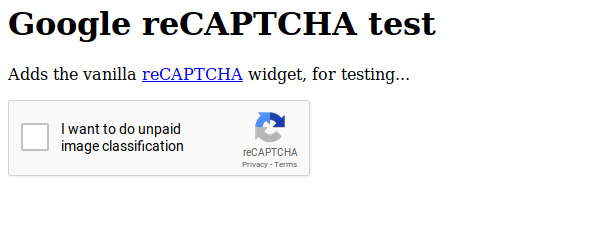filter-other-days 1.1.0 and 2.0.0 are now available
I'm pleased to announce that filter-other-days 1.1.0 and 2.0.0 are now available. In fact, they were both released simultaneously over three weeks ago while I was at SeaGL, but things at college have been so hectic I'm only just finding time to write about them! If you're not already familiar with filter-other-days - which provides reliable, Artificial Ignorance-compatible logfile date filtering even in the face of unknown formats - I would encourage you to read my blog post introducing the tool for the first time. Or, if you read this post late enough, you could even watch video of the talk I gave at SeaGL, which talks about filter-other-days before pivoting into a broader discussion of the kind of runaway complexity filter-other-days is designed to address.
1.1.0 and 2.0.0 are both feature releases. Due to filter-other-days 2.0.0 breaking compatibility with OpenBSD, I'm providing 1.1.0 which contains everything that filter-other-days 2.0.0 does except for the feature that breaks OpenBSD support - localization in the logfile filters. (Localization does not and to my knowledge cannot work on OpenBSD because OpenBSD does not support the POSIX features that filter-other-days' localization relies on.)
Here are the highlights of the engineering that both 1.1.0 and 2.0.0 share:
filter-other-days -doperates on any day instead of the current date on supported systemsfilter-other-daysis portable to OpenBSD, NetBSD, OpenIndiana and OmniOS (i.e. illumos), and Cygwin- GNU
seqis no longer required; the only requirement for core functionality is now POSIX - Several bugs have been fixed
- Release artifacts are built reproducibly
- Automated testing has been improved
Note that filter-other-days -d does require more than POSIX - it needs a system with either GNU date -d semantics or BSD date -r semantics. This is because POSIX does not provide enough support to implement this feature otherwise. If your system does not support either of these, filter-other-days will simply turn the feature off. You can check if -d is available by looking for it in the help output - it will show up only if the system supports it.
In addition to the above, filter-other-days 2.0.0 also includes support for filtering logfiles in different locales. This means that if your system logs things like month names in languages other than English, filter-other-days will now be able to process these logs! filter-other-days will automatically use the C locale (which is mandated to be available by POSIX) and will additionally use the locale defined by the $LANG environment variable, if set. You can also specify more locales to be loaded by specifiying the -l command line flag. filter-other-days extracts the information it needs using specific keywords in the system locales, which means that if you want filter-other-days to load a particular locale to filter with, you need to have that locale installed.
Unfortunately, there's one more complication: some systems are buggy and do not have keywords that properly conform to POSIX. FreeBSD 12.0 and below as well as NetBSD are known to have these bugs. Since these systems are relatively popular, I am providing patched versions of filter-other-days that will work around these bugs. You can recognize these versions because they have freebsd in the tarball filename. They will also tell you they've been patched for FreeBSD (and NetBSD) in all relevant places, like the version output and the manpage.
So, to summarize what version to use:
- If you're on OpenBSD, use 1.1.0
- If you're on FreeBSD 12.0 or below, or on NetBSD, use 2.0.0 with FreeBSD patches
- Otherwise, use the unpatched 2.0.0 tarballs
I hope these releases of filter-other-days are useful to people! I'm super proud of them and I couldn't be more excited for people to try them out. And as always, feel free to report any bugs you find!
